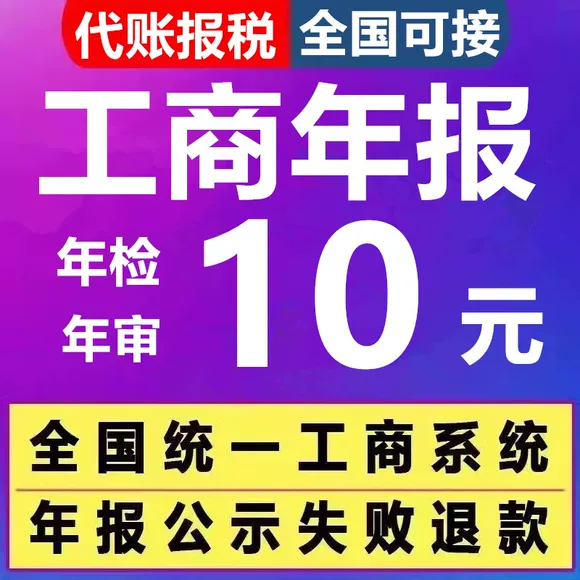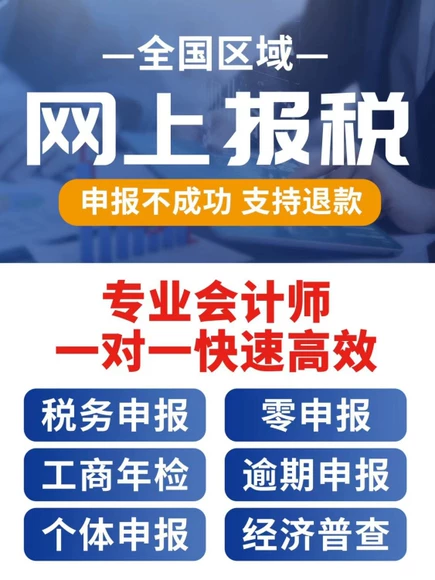The future is uncertain. Climate change, pandemics, economic crisis, social exclusion, racism, the oppression of women, inter-generational conflict, and more, shatter the conventional images of the future that humans use to plan, to feel secure, to be confident enough to invest in tomorrow.
This is not a small problem. Without images of the future that inspire hope and foster collaboration there is a high risk of despair and war. The malaise of poverty-of-the-imagination must be overcome. The question is how?
UNESCO, in its role as a global laboratory of ideas at the cutting edge of human knowledge, has demonstrated that people and communities everywhere are capable of becoming more futures literate.
Democratizing the origins of people’s images of the future opens up new horizons in much the same way that establishing universal reading and writing changes human societies. This is an example of what can be called a ‘change in the conditions of change’. A potent transformation in what people are able to know, imagine and do.
Futures Literacy is such a change. And it is happening now because the old ways of ‘using-the-future’ are no longer adequate given changes in both humanity’s aspirations and tool enhanced capabilities. We want and can do more than ever before. But as always this depends on being able to do so.
Futures Literacy addresses the urgent need to transform human governance by empowering everyone to use-the-future more effectively and efficiently. This is not just about understanding how to prepare for potential crises or plan how to overcome grand challenges or realize the important goals of Agenda 2030. It is about moving beyond a dependency on the illusion of certainty and the fragilities this creates.




